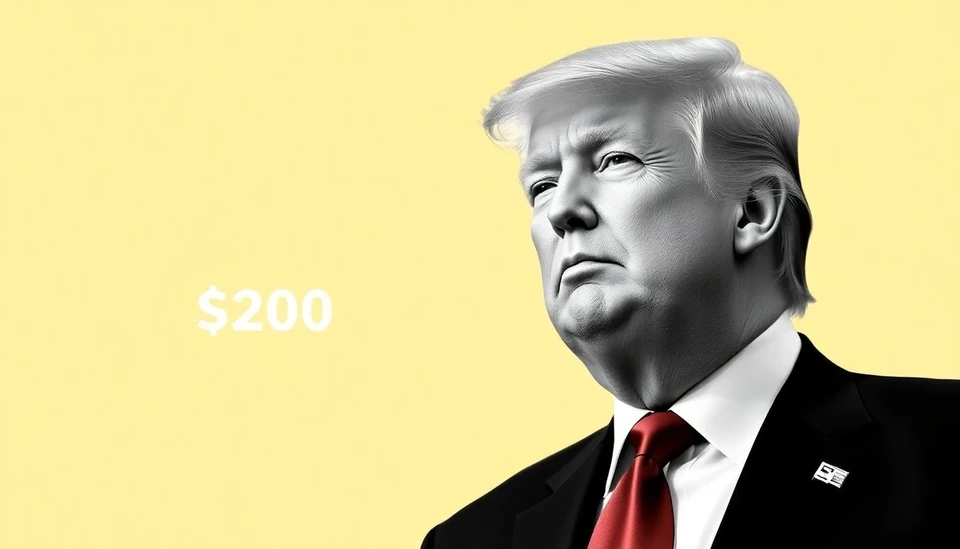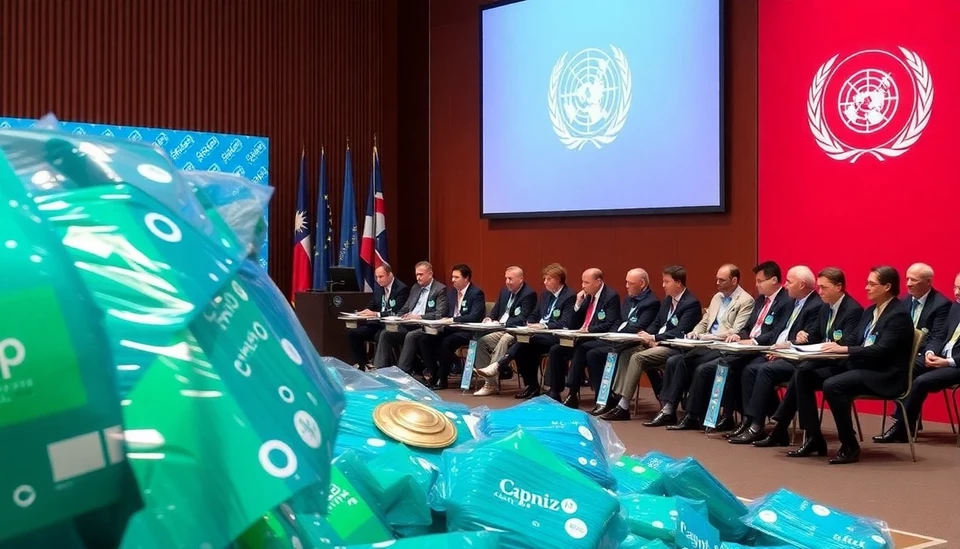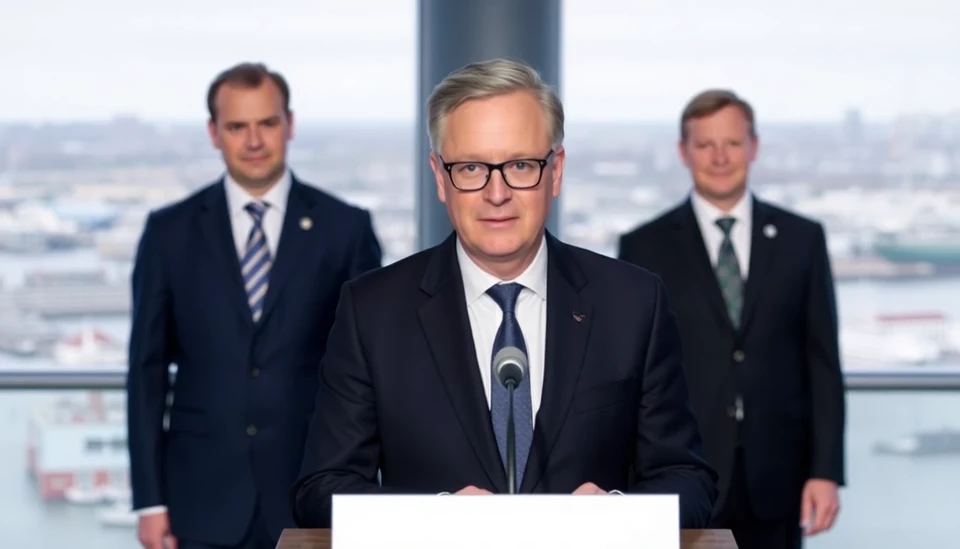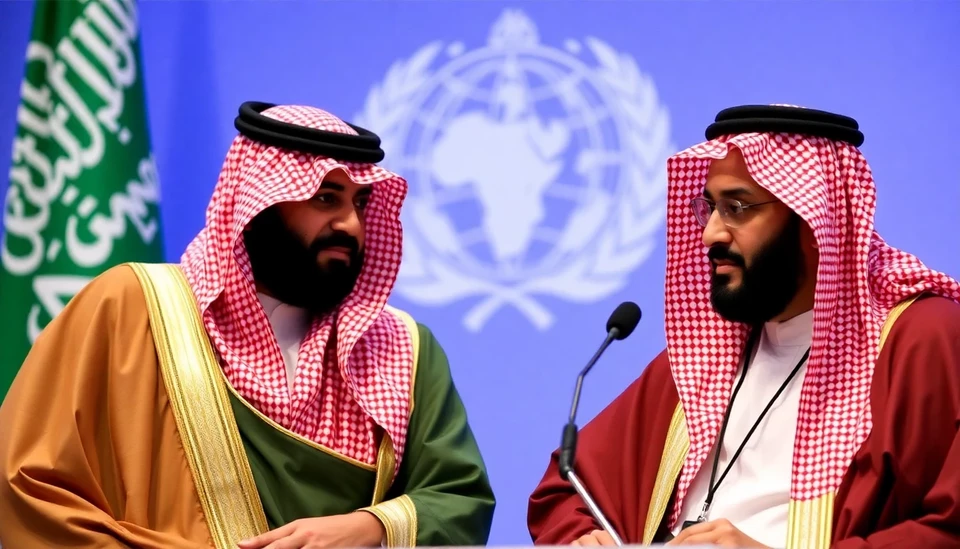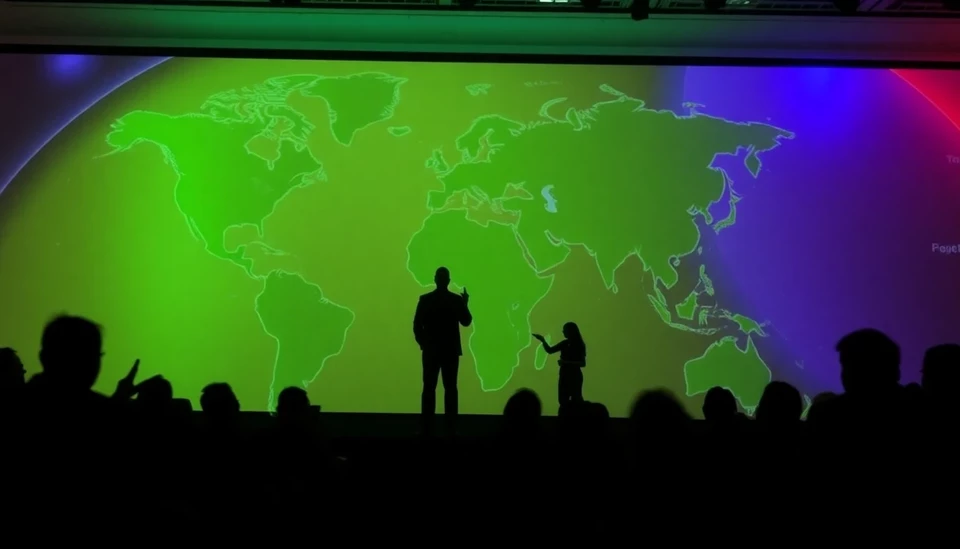
As the world gears up for COP29, senior financial executives are bracing themselves for crucial discussions that could shape global climate policy. The anticipation surrounding the United Nations Climate Change Conference is palpable, particularly given the political landscape in the United States, where former President Donald Trump’s potential return to the presidency is reigniting debates over climate initiatives.
This year's COP29, set to convene in the United Arab Emirates, has become a focal point for CFOs who are emphasizing the importance of sustainability in corporate practices. The convergence of climate discussions and financial prudence was underscored during interviews with several leading CFOs, who articulated their views on the way forward as the financial world grapples with both environmental responsibilities and economic realities.
Many CFOs acknowledge that regardless of political shifts, the need for actionable climate strategies cannot be overstated. “Climate change is an imminent threat that transcends political divides and requires a unified approach,” stated one CFO from a prominent multinational corporation. Reiterating the gravity of this issue, executives pointed to the growing pressure from stakeholders—investors, customers, and regulatory bodies—who are increasingly prioritizing environmental sustainability.
Experts predict that if Trump, who has historically downplayed climate issues, returns to the Oval Office, there may be significant policy reversals that could undermine progress made in previous years. This uncertainty is prompting CFOs to craft contingency plans that accommodate varying regulatory landscapes and shifting public sentiments regarding climate responsibility.
The present climate debate is also intertwined with questions of economic performance and risk management. Many CFOs are confident that investing in sustainable practices not only mitigates environmental risks but also unlocks new avenues for economic growth. A finance leader emphasized that “green energy initiatives are not just beneficial for the planet; they are smart business decisions that can lead to cost savings and improved bottom lines.”
Despite the challenges posed by a potentially more skeptical administration towards climate policies, financial leaders remain committed. They are poised to advocate for discussions that accentuate collaboration between governments and corporations to foster innovative solutions to the climate crisis. The hope is that COP29 will serve as a platform for establishing more robust frameworks that can endure changes in political leadership.
As the conference approaches, the emphasis among CFOs on resilience and adaptability highlights a pivotal moment in the intersection of finance and environmental stewardship. Observers are calling for a collective effort to ensure that financial considerations align with sustainable development goals—a sentiment echoed by many executives as they prepare for COP29.
In conclusion, the landscape is evolving, and financial leaders are diligently evaluating how best to position their organizations in this shifting paradigm. The discussions that will unfold at COP29 could very well determine the trajectory for corporate accountability in environmental matters, especially in light of the complex interplay of politics and climate action.
#COP29 #ClimateChange #Sustainability #FinanceLeaders #DonaldTrump #CorporateResponsibility #EnvironmentalStewardship #GlobalWarming
Author: Samuel Brooks
